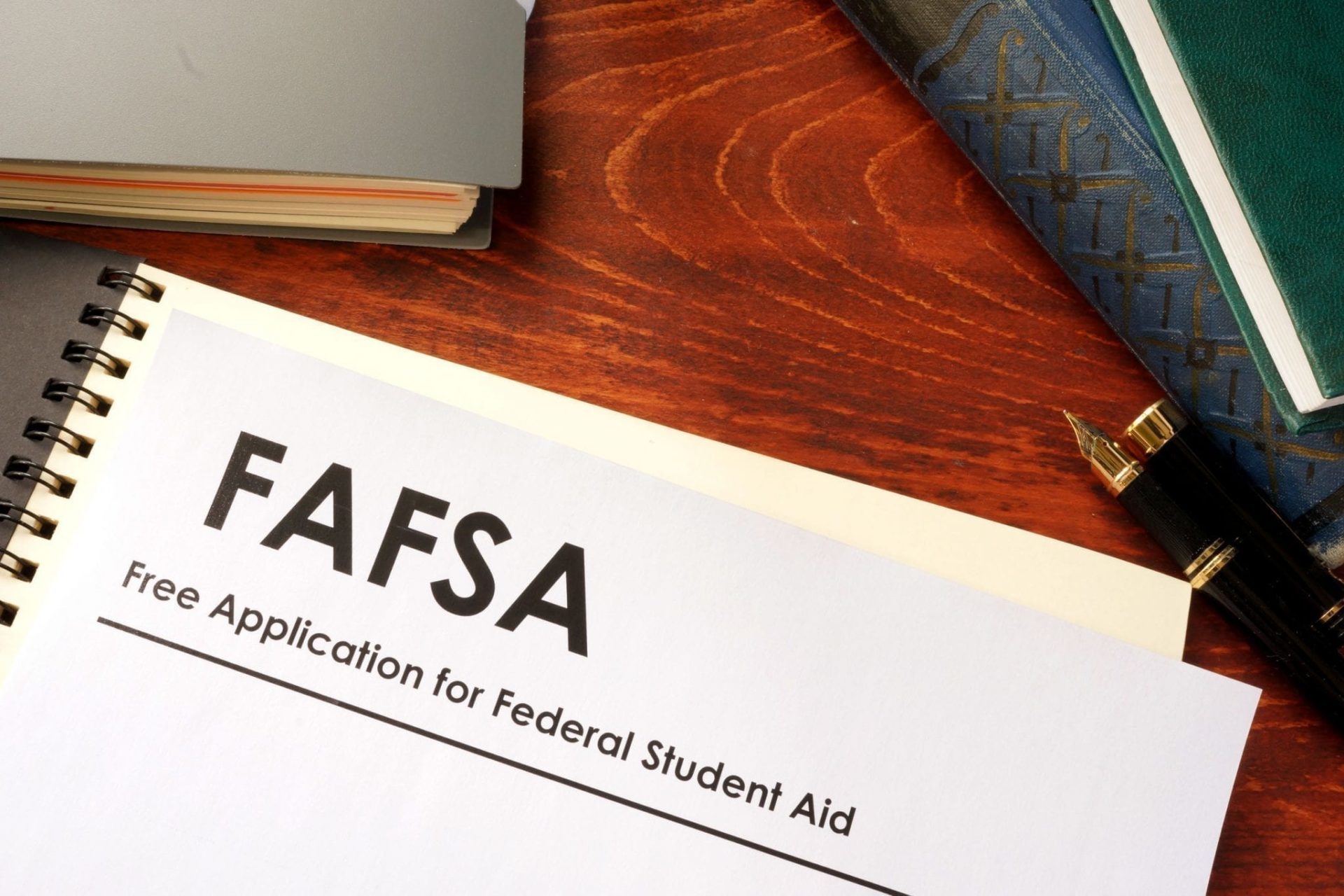How Illinois Drug Possession Charges Affect College and Financial Aid
This is the time of year when senioritis takes hold, and many high school students choose to cut loose and party. High school is over (or nearly so), and seniors often celebrate by engaging in pranks, drinking, or using illegal drugs.
Unfortunately, if teens are caught, they face severe consequences that could have a lasting impact on their future. Case-in-point: drug possession charges or other criminal activities are likely to disqualify students for federal financial aid, and could also affect college admissions.
The bottom line is that reckless mistakes made by teens could derail college or other career plans. It’s therefore essential to make sure partying doesn’t get too out of hand, and to fight back against any criminal charges.
Step one in doing this? Knowing the law.
Understanding Illinois Drug Possession Laws
Illinois criminalizes the unlawful possession, manufacture, and distribution of controlled substances and their analogs. Drug possession is the most common drug offense, which is defined as the knowing possession or control of an illegal substance.
The level of offense and associated penalties will depend on the type and amount of substance the defendant is found to be in possession of. Illegal possession of any amount of a controlled substance will result in a conviction that can derail college prospects, although felony-level charges have longer-lasting impacts.
How a Drug Conviction Impacts Federal Financial Aid
Many students require financial aid in order to pay for college. In the US, college financial aid is typically obtained through the US Department of Education’s Office of Federal Student Aid. Unfortunately, a criminal history can make students ineligible to apply.
Importantly, any kind of federal or state drug conviction, whether a misdemeanor or a felony, can disqualify students from receiving federal student aid grants or loans.
All students seeking federal financial aid must complete the Free Application for Federal Student Aid (FAFSA). The FAFSA contains a question regarding convictions for drug offenses, which applicants are required by law to answer truthfully. Answering “yes” will likely disqualify students for applying from federal financial aid.

Length of Ineligibility
Ineligibility for student loans follows a three-strike rule. For a first drug offense, students are ineligible for one year from the date of the conviction. For a second offense, students are disqualified for two years. For a third offense, students are disqualified indefinitely from receiving federal financial aid.
Regaining Eligibility
Forcing a student to take 1-2 years off of school to regain eligibility for financial aid can be detrimental to the student’s education. Therefore, it may be possible for first and second-time offenders to regain eligibility by completing a drug treatment program. The program has to meet certain requirements, including passing two randomly administered drug tests.
Incarceration
If a student is incarcerated due to drugs or other offenses, financial aid eligibility may be even more restricted. However, students serving a criminal sentence may still be eligible for some federal grants, as well as federal work-study programs. A school or prison counselor can advise incarcerated students of their best educational options.
The Perils of the College Application Process
An increasing number of colleges are choosing to run criminal background checks as a part of the application process. Although a formal system is not in place in many schools, over 60% of colleges currently consider criminal histories in admissions decisions.
However, many schools are most concerned about applicants who have a history of violent offenses or sex crimes, likely due to the increased incidence and scrutiny of school violence and college campus sexual assault.
How to Answer Your College Application
If you are applying for college, it is safe to assume that you will be subjected to a criminal background check. Therefore, if you have a criminal record, it is in your best interest to answer honestly if you are asked about prior criminal convictions on your college application.
However, you are likely not required to include offenses committed when you were under 18, or that have been expunged from your criminal record.
If you have a criminal record and are unsure about whether you are required to disclose prior offenses, we recommend speaking to an attorney. A knowledgeable lawyer can advise you of what’s appropriate, ensuring that you don’t hurt your application unnecessarily by disclosing what you’re not require to disclose, but also that you don’t face the consequences of not disclosing offenses you’re obligated to disclose.
Facing Drug Crime Charges in Illinois?
If you or your child are facing drug crime charges and college financial aid or admissions are a concern, you must be proactive in fighting back and beating these charges.

Start by reaching out to an experienced Chicago criminal defense attorney. A good lawyer can ensure that your rights are protected, and will fight tirelessly until the best possible outcome is reached in your case.
About the Author:
Andrew M. Weisberg is a former felony prosecutor who now serves as a defense attorney in the greater Chicago area. He has extensive experience in handling all types of criminal cases, from sex offenses and domestic violence to retail theft-related crimes, murder, and drug crimes.







 Blog Home
Blog Home 










